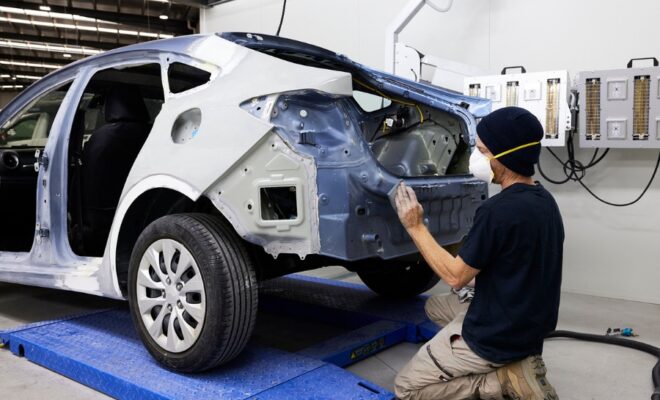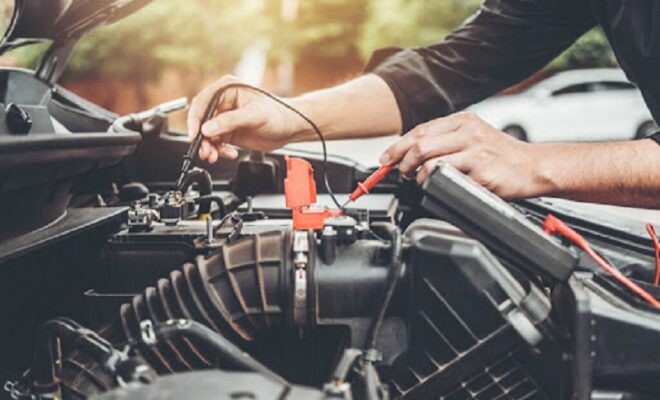How Exhaust Leaks Can Compromise Your Vehicle’s Safety

One of the most dangerous consequences of an exhaust leak is the potential for carbon monoxide (CO) to enter the vehicle’s cabin. Carbon monoxide is an odorless, colorless gas produced during combustion, and when exhaust fumes aren’t properly directed away from the vehicle, they can seep into the passenger area. Prolonged exposure can cause dizziness, headaches, nausea, and in severe cases, unconsciousness or death. This is why even a small leak should be taken seriously—it could compromise the health and safety of everyone in the car.
Reduced Engine Performance
Exhaust leaks can severely hinder your vehicle’s performance by disrupting the carefully balanced backpressure within the exhaust system. This backpressure is crucial for efficient combustion and optimal engine function. When a leak occurs, this balance is thrown off, forcing the engine to work harder to compensate. The consequences of this added strain can manifest in several ways. You might notice a decrease in power, making acceleration feel sluggish and unresponsive. Fuel efficiency often suffers as the engine consumes more fuel to maintain performance. Over time, the increased stress on engine components can lead to premature wear and tear, potentially resulting in costly and extensive repairs down the line. This is where choosing the Auto Repair in Overland Park, KS based service is essential here.
Increased Fire Hazard Risk
Exhaust gases are extremely hot, and when a leak occurs near flammable materials—such as plastic components, fuel lines, or even leaves and debris lodged underneath the vehicle—it can pose a serious fire hazard. A damaged exhaust pipe or manifold can emit hot gases that come into contact with these materials, potentially leading to ignition. Promptly addressing exhaust leaks not only keeps your engine healthy but also significantly reduces the risk of a fire-related accident.
Damaged Oxygen Sensors and Catalytic Converter
An exhaust leak can lead to false readings from the oxygen sensors, which monitor the air-fuel mixture in your engine. If these sensors receive inaccurate data, it can cause the engine control unit (ECU) to inject too much or too little fuel, resulting in poor combustion and increased emissions. Over time, this imbalance can also damage the catalytic converter, a costly and essential component in your vehicle’s emission control system. Maintaining a sealed exhaust system helps preserve these sensitive parts and ensures compliance with environmental standards.
Failing Emissions Tests and Legal Issues
Vehicles with exhaust leaks are more likely to fail emissions tests, which are required in many regions. These tests ensure that your car is not releasing excessive pollutants into the environment. A failed test can prevent registration renewal and result in fines or required repairs before the vehicle is allowed back on the road. Ensuring your exhaust system is intact not only protects you and your passengers—it also keeps you legally compliant and environmentally responsible.
Exhaust leaks aren’t just annoying—they’re a serious safety concern. Regular inspections and prompt repairs are essential to protect your health, your vehicle’s performance, and your peace of mind.

















